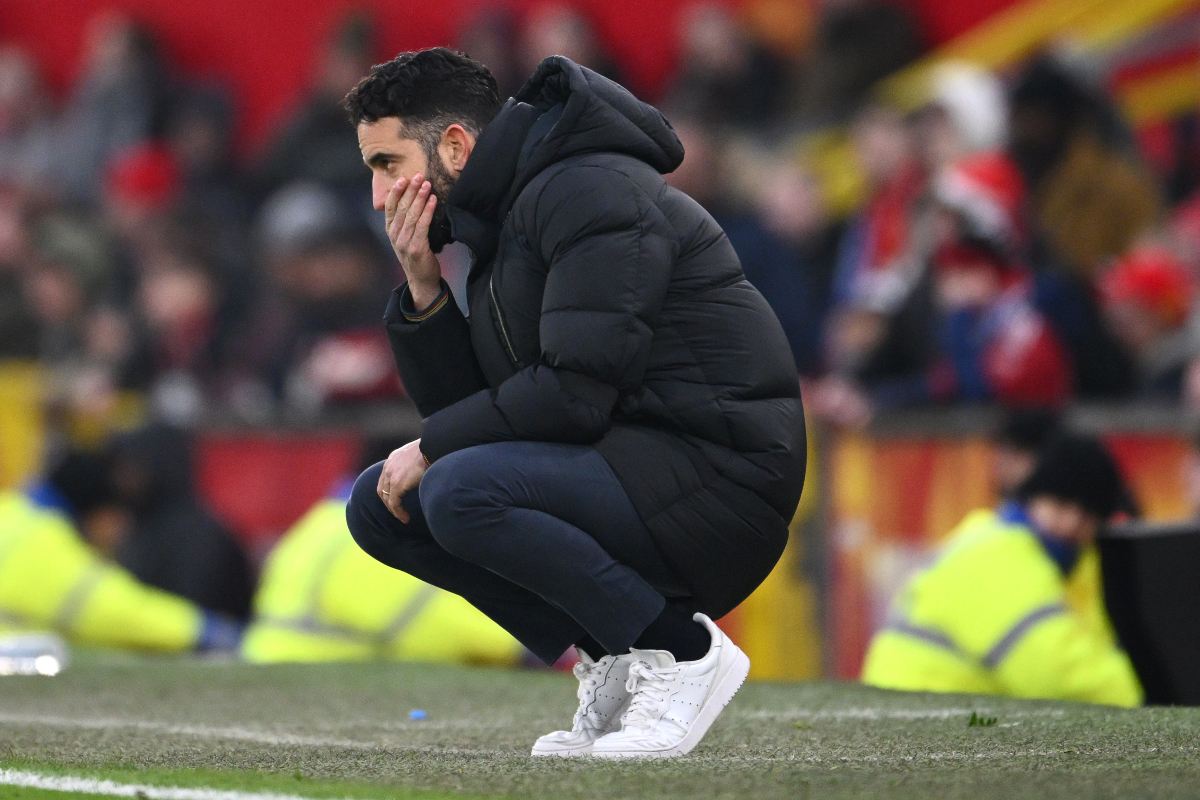

Key Takeaways:
- Gary Lineker dismisses Ruben Amorim’s suggestion that pressure at Manchester United holds players back
- Former United stars Anthony Elanga, Marcus Rashford and Antony are impressing at their loan clubs
- Lineker blames Manchester United’s instability and leadership failures for the exodus of flourishing talent
Player Exodus Raises Questions at United
Gary Lineker has cast doubt over Ruben Amorim’s latest explanation for the recent uptick in performances from former Manchester United players now thriving at other teams. The Manchester United head coach has suggested that the weight of expectation at Old Trafford has hindered these players from reaching their full potential while at the club.
Anthony Elanga’s decisive goal for Nottingham Forest earlier this week is the latest chapter in a recurring theme. Marcus Rashford, currently on loan at Aston Villa, and Antony, enjoying a resurgence with Real Betis, have both found form outside the confines of Manchester. Their success has raised eyebrows — and questions — over why such promising talent is flourishing only after moving on from United.
Lineker: Pressure Not the Problem
During an episode of the Rest is Football podcast, Match of the Day host Gary Lineker voiced his scepticism of Amorim’s explanation, rebutting the idea that pressure alone can explain the problem.
“I saw him interviewed and we know he’s quite open when he does his interviews and answers every question, but they were saying why are Manchester United players doing well elsewhere?” Lineker said. “And he was saying, it’s the pressure of playing at a club like Manchester United.
“I’m not buying that, I’m sorry. If you’re playing at any big football club, you need to be able to handle pressure to be there in the first place.”
Lineker referenced Rashford as evidence that pressure is not necessarily the issue. The forward netted 30 goals for United just two seasons ago, suggesting that when the environment is right, he can absolutely deliver.
Amorim Points to Structural Issues
In a more nuanced take, Amorim admitted that several loanees — including Rashford, Antony, and Jadon Sancho — perhaps lacked a supportive structure within the club to thrive. He indicated that instability and a weakened leadership framework were key failings behind United’s inability to unlock these players’ potential.
“In here, the pressure is too big sometimes, and sometimes you don’t get time, and you should have time for these kids to develop,” Amorim explained. “But for that, you need a strong base to support all these kids, and if you don’t have a strong base, we are not going to help our kids. They had their chances and sometimes football is like that and the pressure of playing for Manchester United is really big.”
🗣️ Gary Lineker: "The other thing I thought was interesting—I saw him [Rúben Amorim] interviewed, and… [The Rest Is Football Podcast, YouTube] pic.twitter.com/5lcbqKoMjS
— Man United News IN (@manutdin_) April 4, 2025
Rashford Reinvented at Villa
Marcus Rashford’s struggles at United have been well documented. However, since joining Aston Villa on loan in January, he has produced seven goal contributions in just 11 appearances. It’s a remarkable turnaround, reigniting his transfer value and placing scrutiny on United’s handling of his development.
Lineker noted: “He looks like he’s got a fresh lease of life. It’s a massive difference, going from a place where you’ve got issues and problems and clearly fallen out [with the manager].”
Despite that form, Lineker cast doubt on the prospect of Rashford returning to play for United under the current regime. “He’s obviously a Manchester United lad through and through, but it makes it a really difficult position and hard for him to go back. There’d have to be a lot of forgiveness, probably on both sides.”
Underlying Dysfunction at the Top
Lineker didn’t hold back in his condemnation of the club’s structural failings: “It comes from the top in a football club and seeps down. If things are not going well off the pitch, they invariably don’t go well on the pitch, and that’s been the case with Marcus.”
The worrying trend of players leaving United and instantly raising their performance levels points towards deeper systemic issues, rather than one-off circumstantial reasons. Lineker’s criticism further underscores the importance of a well-functioning club hierarchy that supports both young and senior players equally.
Post-United Player Performance
| Player | Current Club | Games Played | Goals | Assists |
|---|---|---|---|---|
| Anthony Elanga | Nottingham Forest | 26 | 5 | 7 |
| Marcus Rashford | Aston Villa (loan) | 11 | 4 | 3 |
| Antony | Real Betis (loan) | 14 | 3 | 4 |
Conclusion
As more former United players rediscover their form away from Old Trafford, the narrative that the “theatre of dreams” is becoming a theatre of unfulfilled potential grows stronger. Amorim’s suggestion that pressure is to blame appears increasingly flimsy in the eyes of pundits like Lineker, who see deeper issues at play — rooted at the very top of the club.